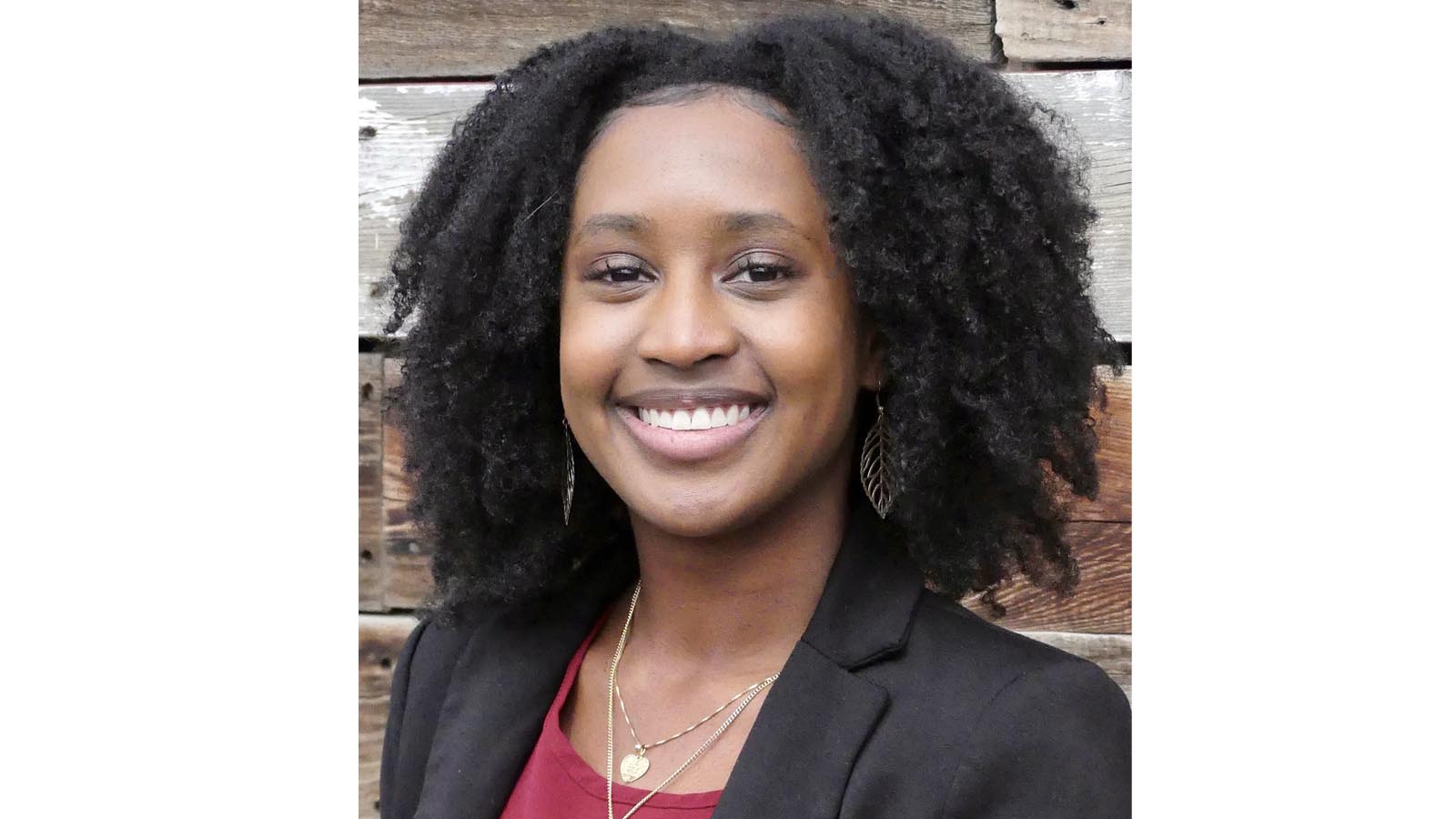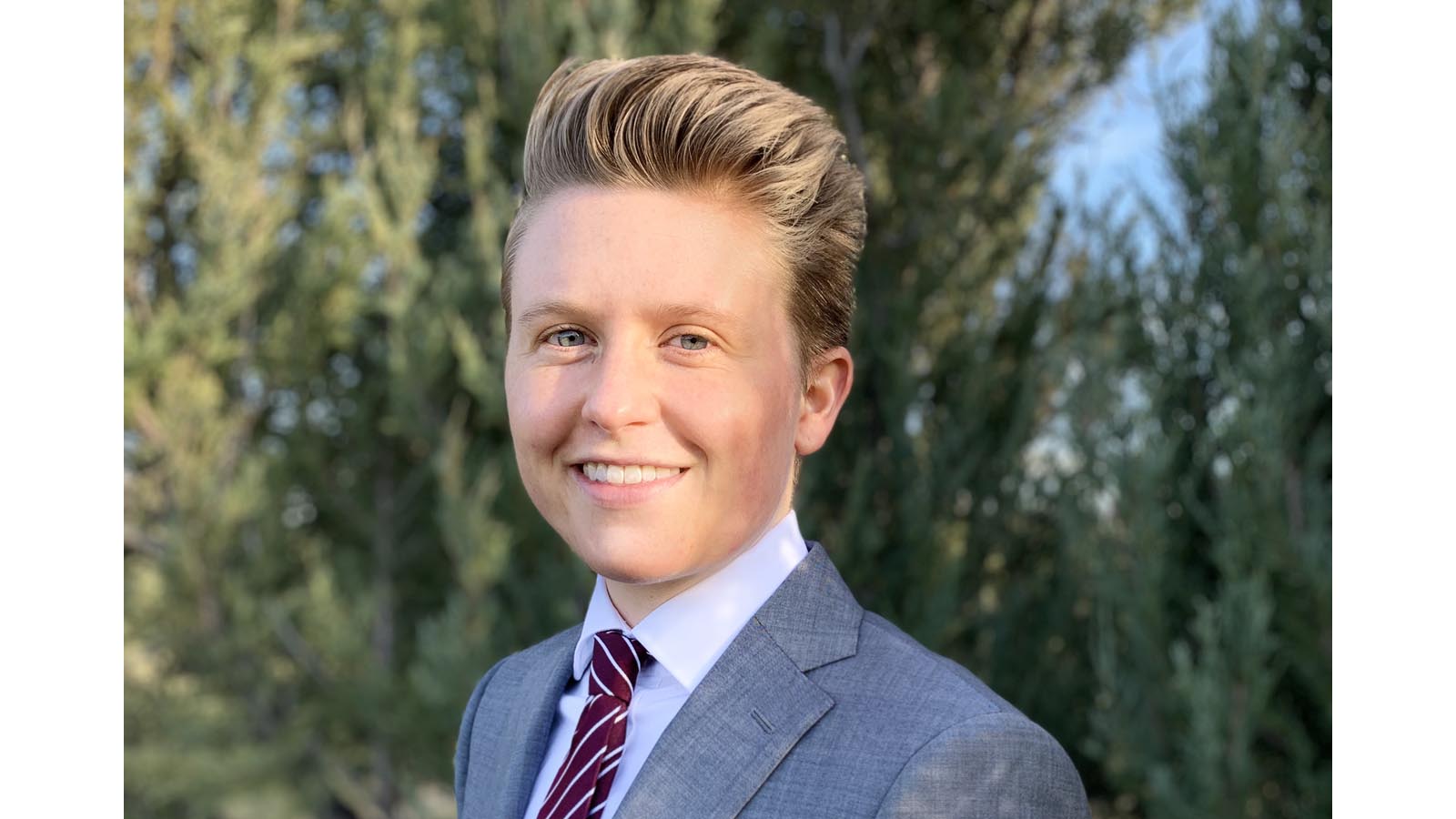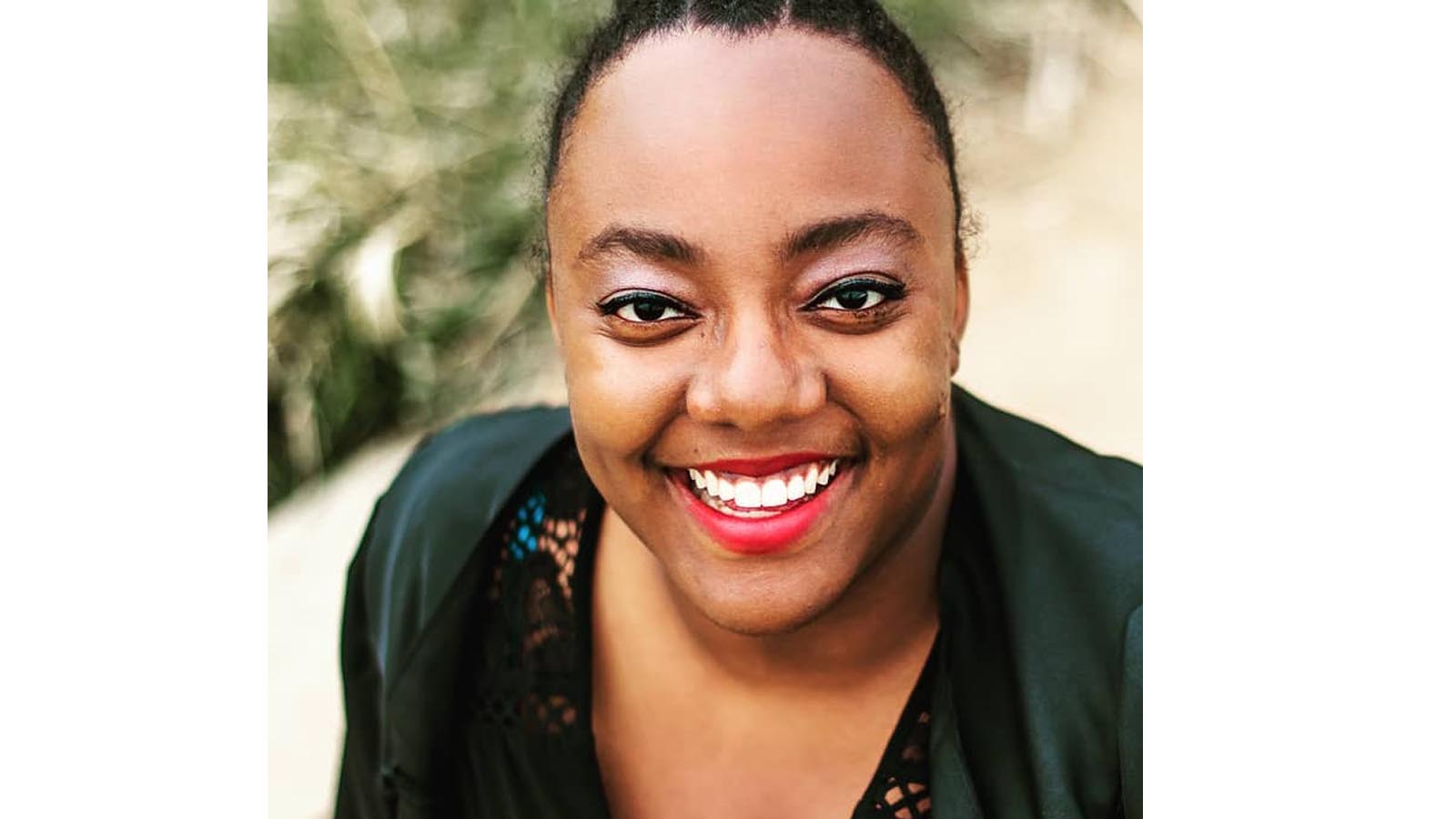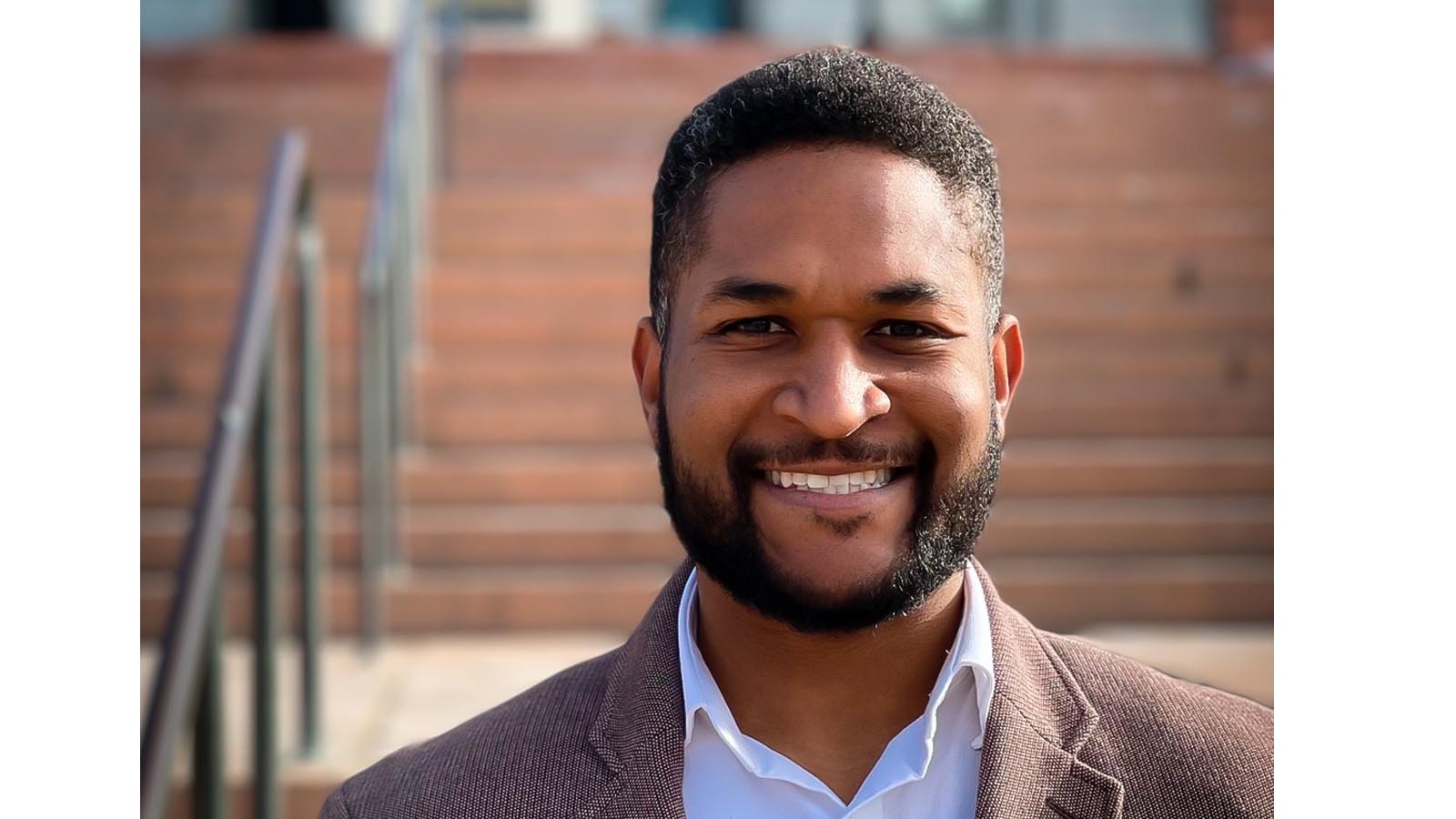
Paving the Way to a New Today
May 2022
Download This Article (.pdf)
In the heady days of law school, it is our ideals that drive us. We believe in justice, in fighting for the rights of the underrepresented, and in promoting societal change for the betterment of all. Anything seems possible if we just work hard enough. We study for hours, attend networking events, volunteer at legal clinics, clerk for judges, compete in moot court, edit lengthy scholarly articles, and incur a crippling amount of debt—all to further our goal of joining the legal profession and making a difference.
After law school, those goals can suddenly seem more aspirational than practical. Our definition of “justice” becomes flexible and conditional. The sad realization sets in that the underrepresented lack the resources to even find an attorney let alone retain one, and that countless institutional obstacles prevent us from establishing sustainable change. Nevertheless, we work hard and remain dedicated to our craft. We spend countless hours perfecting our strategies, advising clients, tracking our time in 0.1 hour increments, and taking on pro bono clients when we can. We are one and the same. We are lawyers.
But there’s a flaw in this approach: we are not the same. We are individuals with unique experiences, and these experiences shape who we are and how we act, react, and interact. Instead of allowing us to be ourselves, the legal profession encourages us to assimilate, which stifles innovation and prevents the profession from reflecting the people we serve. To upend the norm and transform the legal profession, we must reject this homogenization, refuse to assimilate, and work toward a future that embraces individuality.
Fortunately, the future might be closer than we think. During my presidency, I’ve had the honor of meeting law students from the University of Denver Sturm College of Law (Denver Law) and University of Colorado Law School (Colorado Law) who agree that it’s time to reverse course and create a legal profession of belonging and community. I’m proud to highlight a few of these inspirational law student leaders here.
Essence Duncan
Essence Duncan is from Jacksonville, Florida—the largest city in the United States (by land mass, that is). Before enrolling in Colorado Law, Essence studied psychology with a focus on criminology. She originally wanted to be a juvenile therapist in detention centers, but ultimately concluded that the best way to assist is to prevent detention from occurring in the first place. Essence plans to dedicate her legal career to public service and advocating for change. Her gift of the gab—she can talk to anyone at any time—should help her reach her goals.
Essence envisions a legal profession that reflects society and looks forward to the day when she no longer feels a rush of excitement when seeing a Black attorney. “I hope to have no reaction at all because it is so redundant and normal to see faces that look like mine in a legal space. Every person should see the legal field and believe they can belong here. Further, every person should not be afraid that they will always be the only one that understands them. I want diversity in the legal profession to be so regular that it bores me.”

Dana Bradley
Dana Bradley is a Denver Law student from Norwalk, Connecticut. Along with the rare ability to finish an entire tube of Chapstick before losing it, Dana possesses an insatiable desire to assist others and an incredible thirst for knowledge. As an undergrad, they studied comparative politics and enjoyed learning about how different political systems governed power, rights, and responsibilities. After undergrad, they worked for a small immigration law firm, which exposed them to a variety of complex legal issues and fueled their desire to attend law school.
Dana envisions a legal profession that “allows people to bring their whole selves to work so they can focus their energy on being great attorneys rather than fitting into a certain mold.” To make this a reality, “we must create cultures of belonging and development that allow diverse attorneys the opportunity to excel at all levels of an organization, particularly in leadership positions.” Dana is also dedicated to access to justice: “Everyone should have access to competent representation regardless of identity or socioeconomic status.”

Camille Moore
Camille Moore is a Denver native and a student at Denver Law. Before law school, Camille earned a dual degree in ethnic studies and political science from the University of Colorado at Boulder. She credits her photographic memory with helping her reach her educational goals.
Camille is a natural born leader with a demonstrated commitment to fostering a more diverse and welcoming legal profession. She is a Colorado Court of Appeals extern, a Colorado Courts Diversity Ambassador, a Barbri Student Ambassador, a mentor for Law School . . . Yes We Can!, and the current president of DU’s Black Law Student Association. She recently informed me that she is Denver Law’s first-ever Black student bar association president (huge congrats!). This position, along with her impressive résumé and commitment to public service, will inevitably facilitate her dream of becoming a US Senator.

Kenneth Stable
Kenneth Stable is a first-generation Cuban American and a great force in the community. He is currently running for Colorado’s House District 37 while attending law school at Denver Law and serving on the Boys Hope Girls Hope Board of Directors. Before law school, Kenneth attended Creighton University and earned a degree in information systems management. Kenneth has many talents, but his least known is that he can dance salsa, merengue, and bachata.
Kenneth envisions a “legal system that has removed the class inequities and created a legal community that reflects the people they serve.” He explains, “I witnessed the inequities and lack of representation in the legal profession of people from lower socioeconomic backgrounds like myself. I have experienced homelessness, lived among the affluent, and all in between. I know the gaps that exist, and I want to use my lived experience and legal education to close those gaps.” Kenneth believes that, as legal professionals, we are perfectly situated to connect with our communities, educate our neighbors, and close the legal justice gap.

Here’s to the Next Generation
These inspiring law students make me proud to be part of such an honorable profession and give me hope that our profession is evolving. I cannot wait to welcome these amazing leaders and all the other equally impressive law students into the legal profession. Here’s to you all—don’t stop being you.


